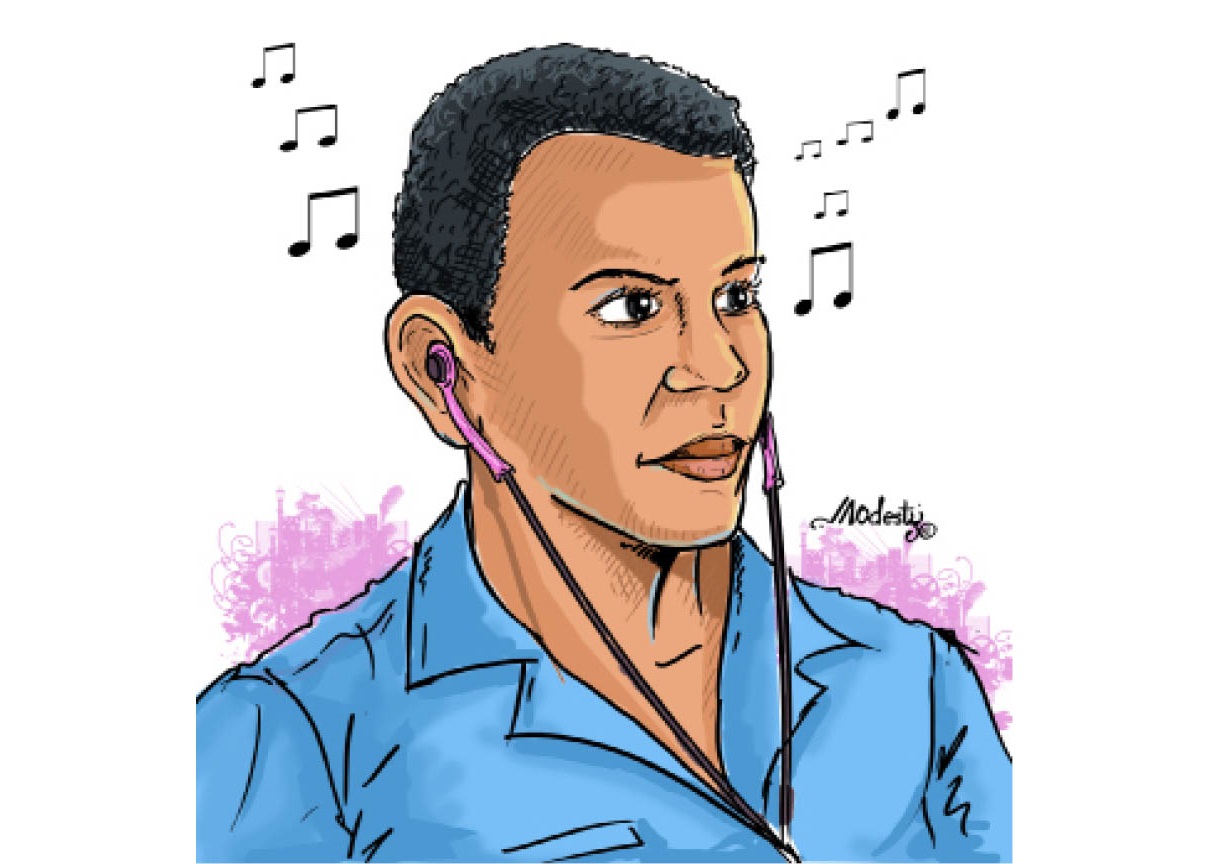What long use of earphones does to you
Using earphones affects our ears by damaging our hearing organs…

By Aisha Yahaya
An ENT (ear, nose and tongue) resident doctor at Aminu Kano Teaching Hospital, Kano state, Dr Abba Tijjani, has advised that use of earphones should be for short periods and at minimum volume to protect hearing organ.
He said long use of earphones at high volume can damage the hearing organ, noting that the organ “when damaged by sound, will be irreversible.”
“This (damage) is either slowly over time if the sound exposure is of moderate intensity, or it can be rapid when the sound is too loud over a short period of time. Therefore, prevention is always better than cure,” he added.
Earphone is an electrical device worn on the ear to receive telephone communication, or to listen to a radio, MP3 player, among others.
- FIFA Women’s World Cup: Germany smash Morocco 6-0 to start title bid
- All Stars’ Edition: CeeC rejects N120m offer To Exit Big Brother House
What happens when we use it for long?
There is a certain daily allowance of hearing recommended by the World Health Organization (WHO) due to the increasing number of young adults having hearing loss.
Normally, one should not be exposed to intensity of sound greater than 80dB for adults, and 75dB for children, 8 hours a day for 5 days in a week, according to the world health body. That is a total of 40 hours in a week. This should not be done continuously; rather a break after every 40 minutes to 1 hour should be taken.
The noise we get from earphones can be up to 100 decibels and that from event centres or DJ is even higher, up to 120dB.
Initial symptoms of hearing loss are not apparent and may go unnoticed while our hearing organ gets damaged.
This is the situation in most cases, and according to WHO statistics for 2021, about one billion people around the world may have already hearing impairment without them knowing.
About 430 million people are those that have been identified as people with a disabling hearing loss after noticing some symptoms which include requesting people to repeat themselves while conversing and regularly increasing radio/tv/phone volume, which will lead to more damage to the ear.
Also, one may hear better with one ear than the other depending on the dominant ear used for earphones or phone calls.
Tijjani said, “The first thing to do is for one to check his hearing status even if there is no symptom of hearing loss especially those who use earphones regularly such as students, Deejays, radio station workers, call centre customer care workers, people that sell on the road with frequently passing noisy vehicles etc.
“One should adhere to reducing the time of exposure by abiding by the daily allowance limit. Also, recent phones usually have a warning when one tries to exceed the allowable intensity for listening through earphones. This should be strictly obeyed. for long phone conversations, use of hands-free is preferred over earphones.”
He advised that one should seek help from ENT doctors as soon as possible when hearing problems set in.
